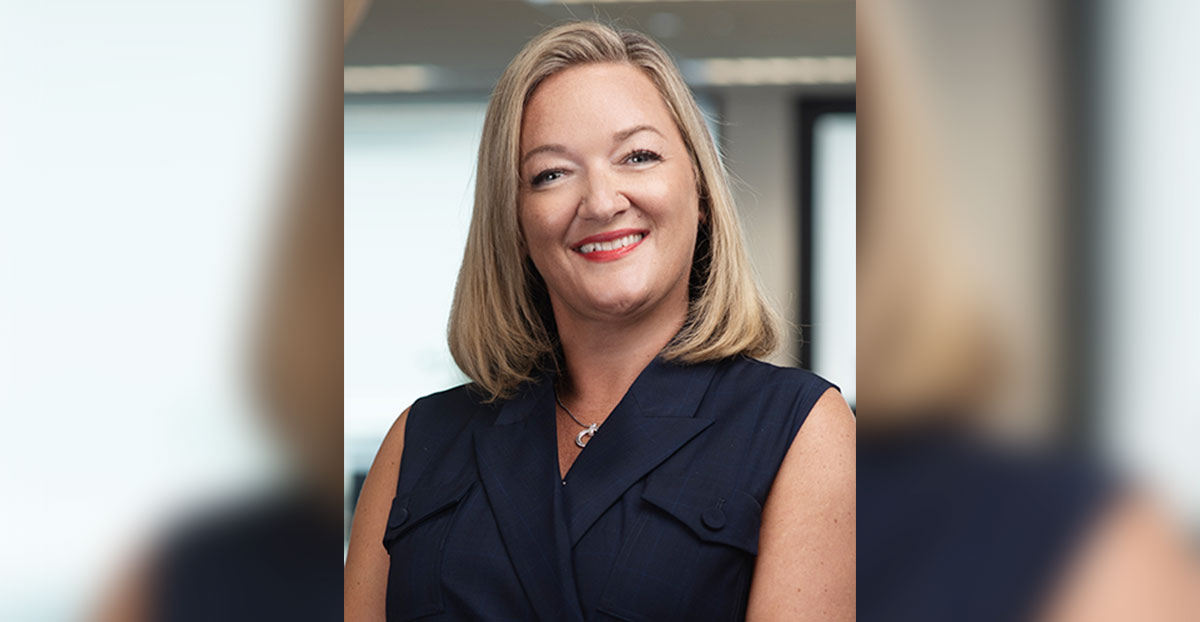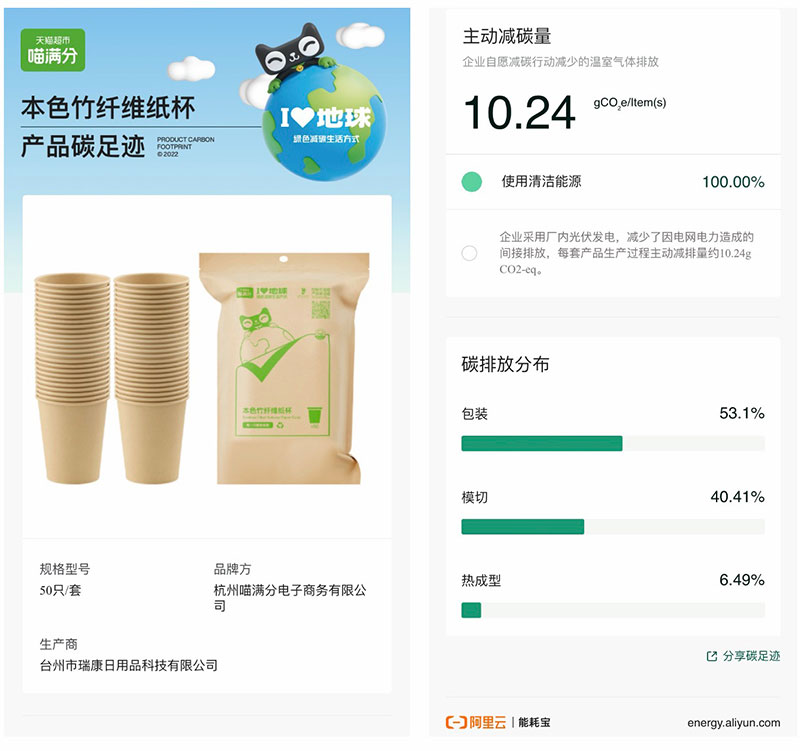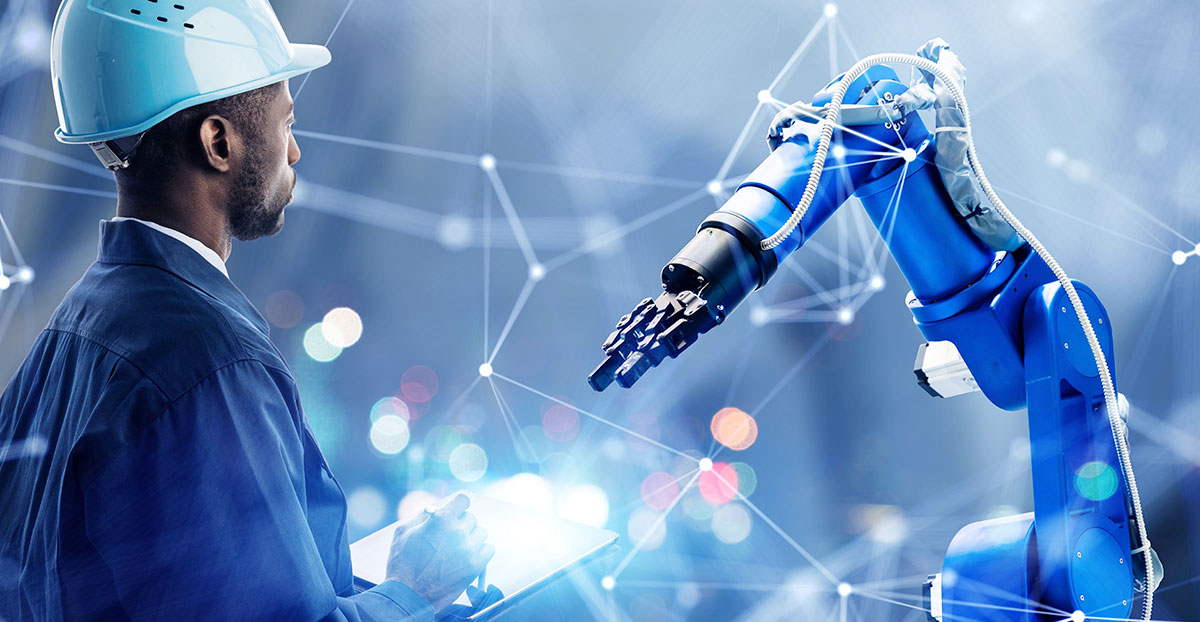“พร็อพเพอร์ตี้กูรู” บริษัทแม่ของดีดีพร็อพเพอร์ตี้ และ thinkofliving.com ประกาศแต่งตั้ง “เฮเลน สโนว์บอล” นั่งตำแหน่งประธานเจ้าหน้าที่บริหารทรัพยากรบุคคล
บริษัท พร็อพเพอร์ตี้กูรู กรุ๊ป จำกัด (หรือชื่อย่อในตลาดหลักทรัพย์นิวยอร์ก NYSE คือ PGRU) (หรือต่อจากนี้จะเรียกว่า “พร็อพเพอร์ตี้กูรู” หรือ “กรุ๊ป”) บริษัทเทคโนโลยีด้านอสังหาริมทรัพย์ชั้นนำของเอเชียตะวันออกเฉียงใต้[1] (“PropTech”) และเป็นบริษัทแม่ของ 2 เว็บไซต์ด้านอสังหาริมทรัพย์ชื่อดังของไทย ได้แก่ DDproperty.com แพลตฟอร์มมาร์เก็ตเพลสด้านอสังหาฯ อันดับ 1 ของประเทศ และ thinkofliving.com เว็บไซต์รีวิวโครงการอสังหาฯ ชั้นนำของประเทศ วันนี้ได้ประกาศแต่งตั้งผู้บริหารใหม่ นางสาวเฮเลน สโนว์บอล เป็นประธานเจ้าหน้าที่ฝ่ายบริหารทรัพยากรบุคคล (Chief People Officer: CPO) และในฐานะ CPO นางสาวเฮเลนจะนำทีมทรัพยากรบุคคล และวัฒนธรรมองค์กร รวมไปถึงดูแลจัดการงานและฟังก์ชั่นต่าง ๆ ที่เกี่ยวกับด้านทรัพยากรบุคคล และสนับสนุนการเติบโตในเฟสต่อไปของกรุ๊ป นั่นคือการก้าวสู่การเป็นบริษัทในภูมิภาคเอเชียตะวันออกเฉียงใต้ที่ให้ความสำคัญต่อประสบการณ์การทำงานของพนักงาน และการจัดการทรัพยากรบุคคลที่มีความสามารถอย่างมีประสิทธิภาพ โดยนางสาวเฮเลนจะเป็นหนึ่งในทีมผู้บริหารของพร็อพเพอร์ตี้กูรู กรุ๊ป (Group Leadership Team: GLT) และจะรายงานตรงต่อนายแฮร์รี่ วี. คริชนัน ประธานเจ้าหน้าที่บริหาร และกรรมการผู้จัดการใหญ่ของกรุ๊ป
นางสาวเฮเลนมาพร้อมกับประสบการณ์ในบทบาทผู้นำที่หลากหลายด้านทรัพยากรบุคคลและการขาย/การพาณิชย์ในองค์กรชั้นนำระดับโลกมานานกว่า 2 ทศวรรษ ก่อนหน้านี้ นางสาวเฮเลนเคยดำรงตำแหน่งหัวหน้าฝ่ายทรัพยากรบุคคล (Global Head of People Solutions & Experience) ที่บริษัทที่ปรึกษาด้านอสังหาริมทรัพย์ชั้นนำอย่างโจนส์ แลง ลาซาลล์ ในสิงคโปร์ โดยเธอได้นำรูปแบบใหม่ของประสบการณ์การทำงานระดับโลกมานำร่องใช้เพื่อสร้างอนาคตของการทำงานในองค์กร รวมทั้งนำระบบดิจิทัลแบบใหม่เข้ามาใช้ในงานทรัพยากรบุคคลเพื่อเพิ่มประสิทธิผลและประสิทธิภาพในการทำงาน รวมไปถึงขับเคลื่อนแนวคิดใหม่ ๆ เพื่อเพิ่มประสบการณ์การทำงานที่ดีให้กับพนักงานในองค์กร นอกจากนี้ เธอยังเคยร่วมงานกับโคคา-โคล่า ยูโร-แปซิฟิก พาร์ทเนอร์ส ในออสเตรเลีย ในฐานะหัวหน้าฝ่ายทรัพยากรบุคคลแผนกขายและการตลาด รวมไปถึงที่บริษัท คราฟท์ ไฮนซ์ จำกัด ในสหราชอาณาจักร
ทั้งนี้ นางสาวเฮเลนจะเป็นผู้วางแนวทางกลยุทธ์ให้กับพร็อพเพอร์ตี้กูรู รวมไปถึงนำความเชี่ยวชาญต่าง ๆ เกี่ยวกับการสร้างทีม และพัฒนาทรัพยากรบุคคล โดยเฉพาะการพัฒนาวัฒนธรรมองค์กรของพร็อพเพอร์ตี้กูรูไปสู่องค์กรที่มุ่งหวังให้แต่ละทีมเป็นทีมที่มีความโปร่งใสและเชื่อถือได้ นอกจากนี้ เธอจะเป็นกำลังสำคัญในการขับเคลื่อนองค์กรที่มีความเท่าเทียม ซึ่งเป็นสิ่งที่ทางกรุ๊ปให้ความสำคัญมาโดยตลอด ปัจจุบันเรามีสัดส่วนผู้นำหญิง 50% ของทีมผู้บริหารของพร็อพเพอร์ตี้กูรู และมีผู้หญิง 33% เป็นสมาชิกในบอร์ดผู้บริหาร ในขณะที่ 65% ของพนักงานทั้งหมดเป็นผู้หญิง ทั้งนี้ กรุ๊ปของเรานับเป็นองค์กรที่มีความหลากหลายเป็นอย่างมาก โดยปัจจุบันเรามีพนักงานกว่า 30 สัญชาติ และบริษัทยังคงมุ่งมั่นที่จะให้ความสำคัญกับความเท่าเทียม และให้พนักงานทุกคนได้มีส่วนร่วมกับกิจกรรมและสิ่งต่าง ๆ ที่เกิดขึ้นในองค์กรในการเติบโตเฟสต่อไปของบริษัท

นายแฮร์รี่ วี. คริชนัน ประธานเจ้าหน้าที่บริหาร และกรรมการผู้จัดการใหญ่ พร็อพเพอร์ตี้กูรู กรุ๊ป กล่าวว่า “เราตื่นเต้นเป็นอย่างยิ่งที่
ด้านนางสาวเฮเลน สโนว์บอล ประธานเจ้าหน้าที่บริหารฝ่ายทรัพยากรบุคคล พร็อพเพอร์ตี้กูรู กรุ๊ป กล่าวว่า “ดิฉันดีใจเป็นอย่างยิ่งที่ได้ร่วมงานกับพร็อพเพอร์ตี้กูรู กรุ๊ป สิ่งที่ดิฉันจะโฟกัสก็คือการทำให้วัฒนธรรมองค์กรที่ดีอยู่แล้วของเรานี้แข็งแกร่งยิ่งขึ้น และช่วยให้พนักงานนำความสามารถของตัวเองออกมาใช้ได้ดีที่สุดในการทำงานแต่ละวัน ดิฉันหวังที่จะได้ร่วมทำงานกับชาวกูรูผู้มากความสามารถทุก ๆ ท่านทั่วภูมิภาคเอเชียตะวันออกเฉียงใต้ เพื่อที่จะยกระดับให้พร็อพเพอร์ตี้กูรูของเราเป็นองค์กรในดวงใจของผู้ที่มีความสามารถระดับต้น ๆ ของภูมิภาคนี้ต่อไป”
นางสาวเฮเลนจะร่วมงานกับทีมผู้บริหารมากความสามารถของพร็อพเพอร์ตี้กูรู กรุ๊ป ซึ่งก่อนหน้านี้เพิ่งต้อนรับประธานเจ้าหน้าที่บริหารฝ่ายการตลาด “นางดิฌา โกเองกา ดาส” และเพิ่มตำแหน่งกรรมการผู้จัดการ หน่วยธุรกิจฟินเทค ให้กับ “นายมานาฟ แคมบอช” ดำรงตำแหน่งควบคู่กับตำแหน่งเดิมคือประธานเจ้าหน้าที่บริหารฝ่ายเทคโนโลยี ซึ่งการแต่งตั้งผู้นำในเชิงกลยุทธ์เช่นนี้นับเป็นการเสริมขีดความสามารถของกรุ๊ป ในขณะที่กรุ๊ปยังคงเดินหน้าลงทุนและพัฒนานวัตกรรมในธุรกิจมาร์เก็ตเพลส, ดาต้า และซอฟต์แวร์ โซลูชั่น และฟินเทคอย่างไม่หยุดยั้ง






